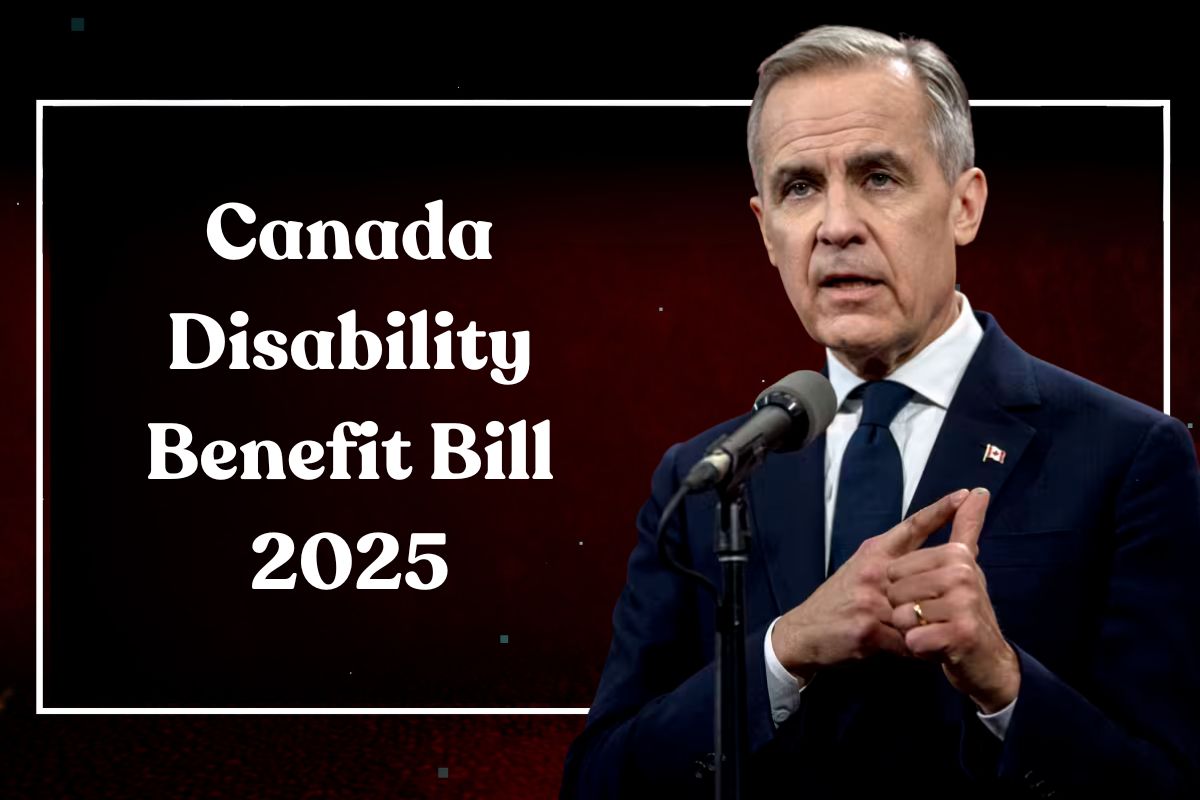While millions of U.S. citizens don’t have to pay taxes on their earned Social Security payments, state and federal tax laws can essentially lower the amounts that retirees get. Nine states tax Social Security benefits in 2025, but that number might continue to decline, with West Virginia phasing out its tax and lawmakers in other states attempting to do so.

Which States Will Tax Your Social Security Benefits in 2025?
Presently, there is a movement going on in the U.S. about social security tax cut as when President Donald Trump was campaigning last year, he vowed to eliminate federal taxes on Social Security, which are paid by approximately 40% of the nearly 70 million individuals who receive monthly benefits.
However, he will have to rely on Congress to fulfill that vow, while states have their own agenda to set. (Up to now, this planned reduction in federal Social Security taxes has not been part of the big Trump tax bill lawmakers are crafting.)

Social Security Tax Cuts
Social Security benefit state taxes are also under fire. In recent years, there has been a trend away from them, driven by opponents who argue these taxes unconstitutionally reduce benefits Americans worked and are entitled to receive in full. They maintain that repealing or slashing state taxation of Social Security would assist older Americans in coping with the cost-of-living crisis.
Following decades of above-average inflation, millions of recipients are finding it tough to pay for basic necessities, and almost a third of retired Americans report contemplating returning to the workforce. In many states of the United States, these arguments have been convincing. One of the recent example of this is West Virginia and Kansas which enacted laws last year to phase out or repeal their taxes on Social Security benefits.

Nine States where Social Security benefits are still taxed in 2025

Colorado
Although Colorado has a state income tax of 4.4%, taxes are only paid on some Social Security benefits. Social Security may be deducted for state tax purposes by those 65 and up. Taxpayers aged 55 to 64 as of 2025 who have income below specific amounts may deduct Social Security. Younger beneficiaries are required to pay taxes on their benefits.
Connecticut
Connecticut retirees pay state taxes only on Social Security income if their adjusted gross income is above $75,000 for single filers or above $100,000 for joint filers. Even then, 75% of benefits are exempt from taxation.

Minnesota
In Minnesota, jointly filing couples escape taxes if their income is less than $108,320 (For single filers, it’s $84,490.) Though the more affluent Minnesotans still pay taxes, some lawmakers in the state are sponsoring legislation that would eliminate all taxation of benefits.
Montana
Montanans earning more than $32,000 for married couples and more than $25,000 for singles pay state taxes on Social Security benefits. (Higher-income earners have available deductions.) An effort in 2023 to eliminate this taxation failed.

New Mexico
The majority of New Mexico taxpayers exempt themselves from state taxation of Social Security as legislators enacted 2022 legislation enabling single homeowners with incomes of less than $100,000 and married couples with incomes of less than $150,000 to exclude Social Security contributions in full from taxable income. Retirees earning above those levels pay income tax from 1.7% to 5.9%, including on Social Security benefits.
Rhode Island
In Rhode Island, beneficiaries do not pay taxes on their Social Security benefits if they have attained the full retirement age and their income level is less than a specified level ($104,200 as of 2024 for single filers). However, income tax of around 3.75% to 5.99% will have to be paid by other retirees on their retirement benefits.
Vermont
Individual residents of Vermont are generally not taxed on benefits if they have incomes under $50,000. The married joint filers have the threshold at $65,000. But for those with incomes higher than that, state taxes begin to materialize very soon and are fully in force for single filers with incomes over $60,000 and couples with incomes over $75,000. A coalition of more than 60 lawmakers, both Democrats and Republicans, is fighting to raise the income levels eligible for the state’s Social Security tax.
Utah
Certain families with incomes above $90,000 are still required to pay Social Security taxes. Utah Governor Spencer Cox sought to repeal the tax entirely earlier this year. Cox called his attempts to abolish all taxing of benefits in Utah his “most popular proposal” in years back in January because it would save some households almost $1,000 annually. Presently, some of the Social Security benefits in Utah are subject to the state’s 4.55% income tax rate (albeit with a tax credit fully offsetting that for poorer families).
The Utah legislature did not move the governor’s whole request in its latest budget. Utah Senate President Pro Tempore Wayne Harper explained it just wasn’t doable in the “socks and underwear” budget for 2025.
Harper explained that the objective was to lessen the burden of Social Security taxes for individuals in Utah. We were able to make great strides even though we lacked the resources to eradicate it entirely. That achievement relates to raising the income threshold from $75,000 to $90,000, which is a modest step in the direction of the governor’s more ambitious objective.
West Virginia
West Virginia will soon be free of Social Security benefit taxes. A measure that was signed last year has already slashed these taxes by 65% for higher-earning individuals. By 2026, these taxes will be eliminated entirely.
| Official Website | Click Here |
| Homepage | BSEBSTET.Com |





